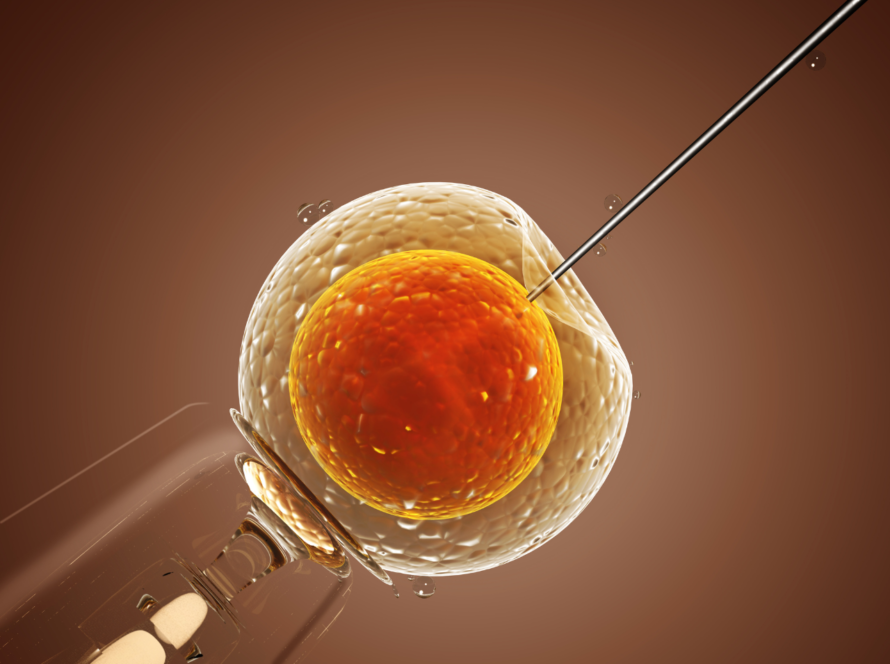Infertility is often thought of as a condition that affects only women, but it also impacts men. Male infertility can be just as challenging and emotionally difficult to navigate. Understanding the causes, symptoms, and treatments available for male infertility can help couples facing this challenge make informed decisions. In this blog, we’ll discuss male infertility in detail and explore the options available to men who are struggling to conceive.
1. What is Male Infertility?
Male infertility refers to the inability of a man to impregnate his partner after 12 months of unprotected intercourse. Male infertility can be due to a variety of factors, ranging from low sperm count to issues with sperm motility or morphology. Understanding the root cause of male infertility is crucial for determining the right treatment.
Key Facts:
- Approximately 40-50% of infertility cases are attributed to male factors.
- Male infertility may be caused by problems with sperm production, sperm function, or the delivery of sperm.
2. Causes of Male Infertility
Several factors contribute to male infertility. These can be broadly classified into physical, lifestyle, and genetic causes.
Physical Causes:
- Low Sperm Count (Oligospermia): A low number of sperm in the semen can reduce the chances of fertilizing the egg.
- Poor Sperm Motility (Asthenozoospermia): When sperm cannot swim effectively, it may not reach the egg.
- Abnormal Sperm Morphology (Teratozoospermia): Abnormal sperm shape can affect their ability to penetrate the egg.
- Varicocele: Enlarged veins in the scrotum can affect sperm production and quality.
- Blockages: Blockages in the male reproductive tract may prevent sperm from reaching the semen.
Lifestyle Factors:
- Smoking and Alcohol Consumption: Both habits negatively impact sperm quality.
- Obesity: Overweight men are at a higher risk for reduced fertility due to hormonal imbalances.
- Stress: Chronic stress can interfere with sperm production.
Genetic Factors:
- Chromosomal Abnormalities: Conditions like Klinefelter syndrome (an extra X chromosome) can cause infertility.
- Inherited Conditions: Genetic disorders like cystic fibrosis can lead to infertility due to blockages in the reproductive tract.

3.Symptoms of Male Infertility
While male infertility may not have obvious physical symptoms, certain signs can indicate a problem. These symptoms can include:
- Changes in Sexual Function: Difficulty achieving or maintaining an erection, reduced libido, or problems with ejaculation can be signs of male infertility.
- Pain or Swelling in the Testicles: Discomfort or visible swelling in the testicles may indicate an underlying issue, such as varicocele.
- Abnormal Sperm: If you’ve had a semen analysis and your sperm count or quality is low, this may indicate infertility.
If you notice any of these symptoms, it’s essential to consult with a fertility specialist to assess your condition.
4. Treatment Options for Male Infertility
Depending on the cause of infertility, several treatment options are available to help men conceive.
Medical Treatments:
- Hormone Therapy: If infertility is related to a hormonal imbalance, hormone therapy may be prescribed to stimulate sperm production.
- Antibiotics: In cases where an infection is affecting fertility, antibiotics may be used to treat the infection and improve sperm quality.
- Surgical Treatments: If a blockage or varicocele is found, surgery may be recommended to correct the issue.
Assisted Reproductive Technologies (ART):
- Intrauterine Insemination (IUI): Sperm is washed, concentrated, and directly inserted into the uterus.
- In Vitro Fertilization (IVF): IVF is often used when other treatments have failed. It involves fertilizing the egg outside the body and then implanting the embryo into the uterus.
- Intracytoplasmic Sperm Injection (ICSI): This IVF procedure involves injecting a single sperm directly into an egg, which can help in cases of very low sperm count or poor sperm motility.
Lifestyle Changes:
- Dietary Changes: A healthy diet rich in vitamins and antioxidants can improve sperm health.
- Exercise: Regular, moderate exercise can boost sperm production and quality.
- Avoiding Toxins: Reducing exposure to environmental toxins like pesticides and heavy metals can help protect sperm health.
5. When to Seek Help for Male Infertility
If you and your partner have been trying to conceive for a year without success, it may be time to seek help from a fertility specialist. Male infertility can often be diagnosed with a simple semen analysis, and early treatment can improve the chances of conception.
If you notice any symptoms such as pain in the testicles, abnormal sexual function, or problems with sperm production, it’s also a good idea to consult a specialist for further evaluation.
FAQs
The primary causes include low sperm count, poor sperm motility, blockages, varicocele, hormonal imbalances, and lifestyle factors such as smoking and stress.
Male infertility is typically diagnosed through a semen analysis, which evaluates sperm count, motility, and morphology.
Yes, treatments include medication, surgery, assisted reproductive technologies (like IUI and IVF), and lifestyle changes.
Yes, male infertility accounts for 40-50% of infertility cases in couples.
If you and your partner have been trying to conceive for a year without success, or if you have symptoms like testicular pain or abnormal sperm, it’s time to consult a fertility specialist.
Conclusion
Male infertility is a common and treatable condition. By understanding the causes and available treatments, men can take steps toward improving their fertility. If you’re struggling with infertility, consult with a fertility expert who can guide you through personalized treatment options. At Mithran Fertility Center, we offer comprehensive infertility services for both men and women to help achieve your dream of parenthood.




